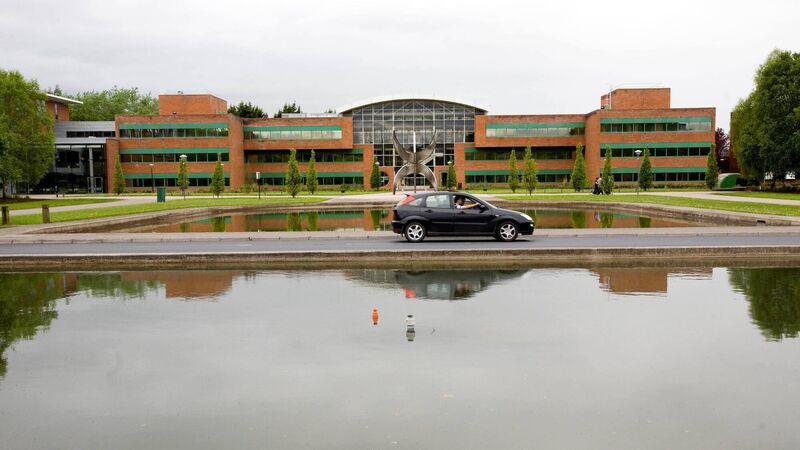University of Limerick fails to elect chancellor for first time

A spokesperson for UL said that “it is a matter for the governing authority to appoint a new chancellor for the university”, adding that said process "is continuing”. File picture
The governing authority (GA) of the University of Limerick (UL) has failed to elect a chancellor for the institution for the first time in its history.
At the first meeting of the university’s new authority on Sunday, the proposed candidate Rose Hynes failed to reach the two-thirds majority needed among members to ratify her candidacy. Ms Hynes was a member of the previous governing authority as well as the current incarnation.












